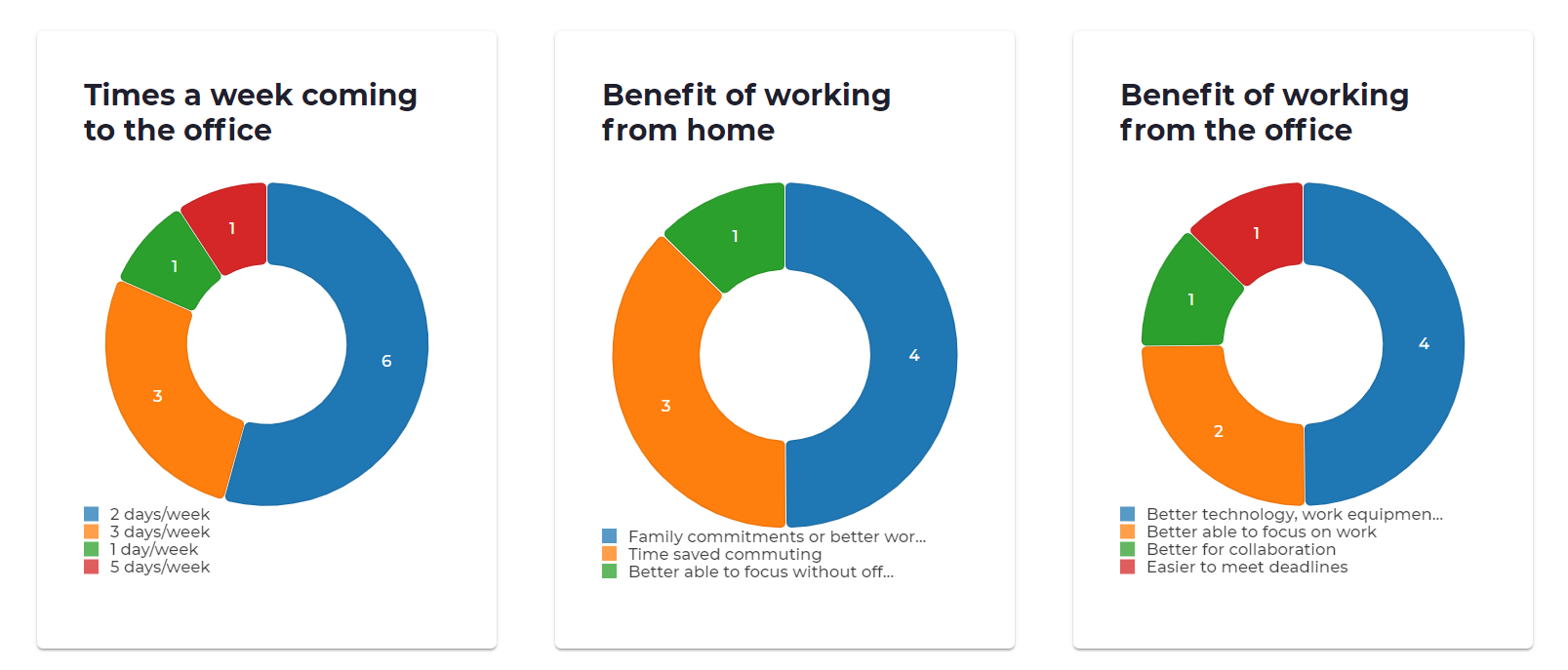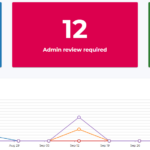As if dealing with the pandemic hasn’t been tough enough for all of us, phishing emails aimed at businesses have been drastically on the rise throughout 2020 and 2021.
On average, each successful phishing attack costs UK businesses just under £3M, plus untold reputational damage and loss of trust from the public and your client base.
As such, there’s never been a better time to learn how to defend your employees’ inboxes and mitigate the risk of a data breach and/or ransom.
Here’s 6 reasons why you need to ACT FAST to protect your organisation from phishing:
1. Phishing is the attack technique of choice for all manner of cyber-crimes
Stealing credentials, downloading malware, installing spyware, forcing fraudulent transactions … you name it, phishing is an easy way in for opportunist hackers because it’s cheap, easy, and really effective. Oh, and don’t forget: 91% of data breaches start with a spear phishing attack.
2. Employees can be the weakest link
Most of us believe we wouldn’t fall for a phishing scam – after all, we spot and avoid them several times a week. However, it only takes a momentary lapse in judgement or a distracted mind to fall victim. When we’re at work, we’re much more likely to feel busy, stressed, and otherwise engaged, and that’s what the criminals are counting on. It only takes one click.
3. Organisations need to step up their anti-phishing efforts
You’d be surprised how often businesses drop the ball when it comes to measuring the effectiveness of their cyber-security training. This means, they’re left in the dark when it comes to knowing which staff members are the most susceptible to an attack and which, therefore, require further training.
Using a phishing simulator can help you establish whether your business is vulnerable to an attack, enabling you to take immediate remedial action to improve your cyber-security efforts.
4. Cyber-criminals are getting more efficient
Cyber-criminals are getting smarter – and they have bigger and better technology on their side too. They have the power to invest in technical resources to run scams more effectively, with more volume, and across multiple platforms, including social media, which means phishing scams are becoming ever harder to detect. Head over to our blog common types of phishing you need to know about to find out more.
5. Cyber-criminals target businesses
The availability of stolen data on the dark web means that it’s not as valuable as it once was. It’s now so easy for anyone with access to the right website to buy stolen credit card credentials, that it’s just not as profitable for hackers to sell it. The answer? Target businesses with ransomware attacks. Ransomware is no more complex a crime to cyber-criminals than stealing credentials, but it’s so much more profitable for them.
6. Phishing attack tool-kits are available to buy
You don’t need to be a sophisticated computer hacker to deploy a phishing attack. There’s an increasing number of ‘out of the box’ phishing attack kits available to those that want to get into cyber-crime. With these, wannbe-hackers need little IT knowledge to do huge damage.
Final Word
Remember, phishing scams don’t just damage your organisation’s bank balance, they have a massively damaging effect on workplace productivity (67%), data loss (54%) and reputational damage (50%) (statistics from Avanan) – there’s never been a better time to step up and do more to mitigate this risk.
















